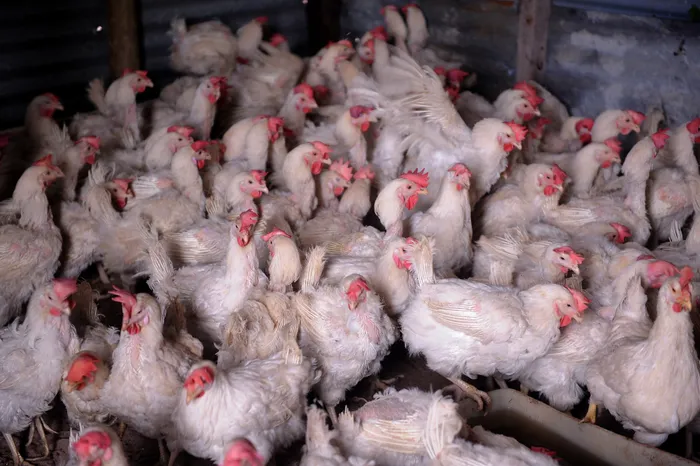SA poultry producers ready to fill gap left by Brazilian chicken imports
Bird flu

The SA Poultry Association announces its capacity to compensate for the loss of Brazilian chicken imports due to a bird flu outbreak, ensuring no shortages or price increases in South Africa.
Image: Supplied
THE SA Poultry Association says it has the capacity to make up for the loss of Brazilian chicken meatimports due to an outbreak of bird flu in that country.
The association said it was currently producing about 21.5 million chickens per week, and the industry could increase this by about another million birds per week. It said demand for chicken decreased in the winter months and the additional supply should ensure there were no shortages of chicken meat, or price increases because of shortages.
Brazil announced the bird flu outbreak at the end of last week, and the Agriculture Department is soon expected to ban the import of all fresh and frozen chicken from that country. Brazil has no compartmentalisation agreement with South Africa, which would have allowed imports from regions of Brazil other than those affected by the outbreak.While South African producers are responsible for more than 80% of chicken consumed in the country, Brazil supplies most of the imports, which equated to 18% of local production last year.
The poultry association said any problems arising from a ban on Brazilian imports would concern mechanically deboned meat (MDM), not fresh or frozen chicken meat. MDM is a paste used in the production of processed meats such as polony and sausages; it is not made in any large quantities in South Africa.The Agriculture Department has rejected suggestions that, should bird flu break out in Brazil, South Africa should allow MDM imports on condition that it is used only in products that would be cooked or heat treated, which would kill the virus. The department said it would not allow potentially infected chicken products to be imported.The poultry association said it agreed with the decision not to allow poultry products to be imported which would place the local industry at risk from infectious diseases.